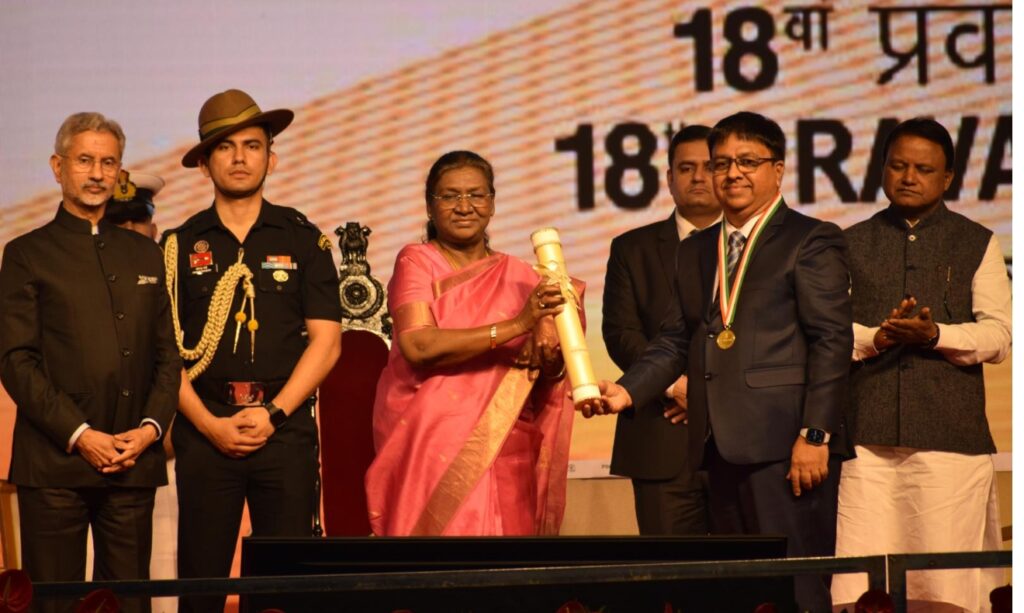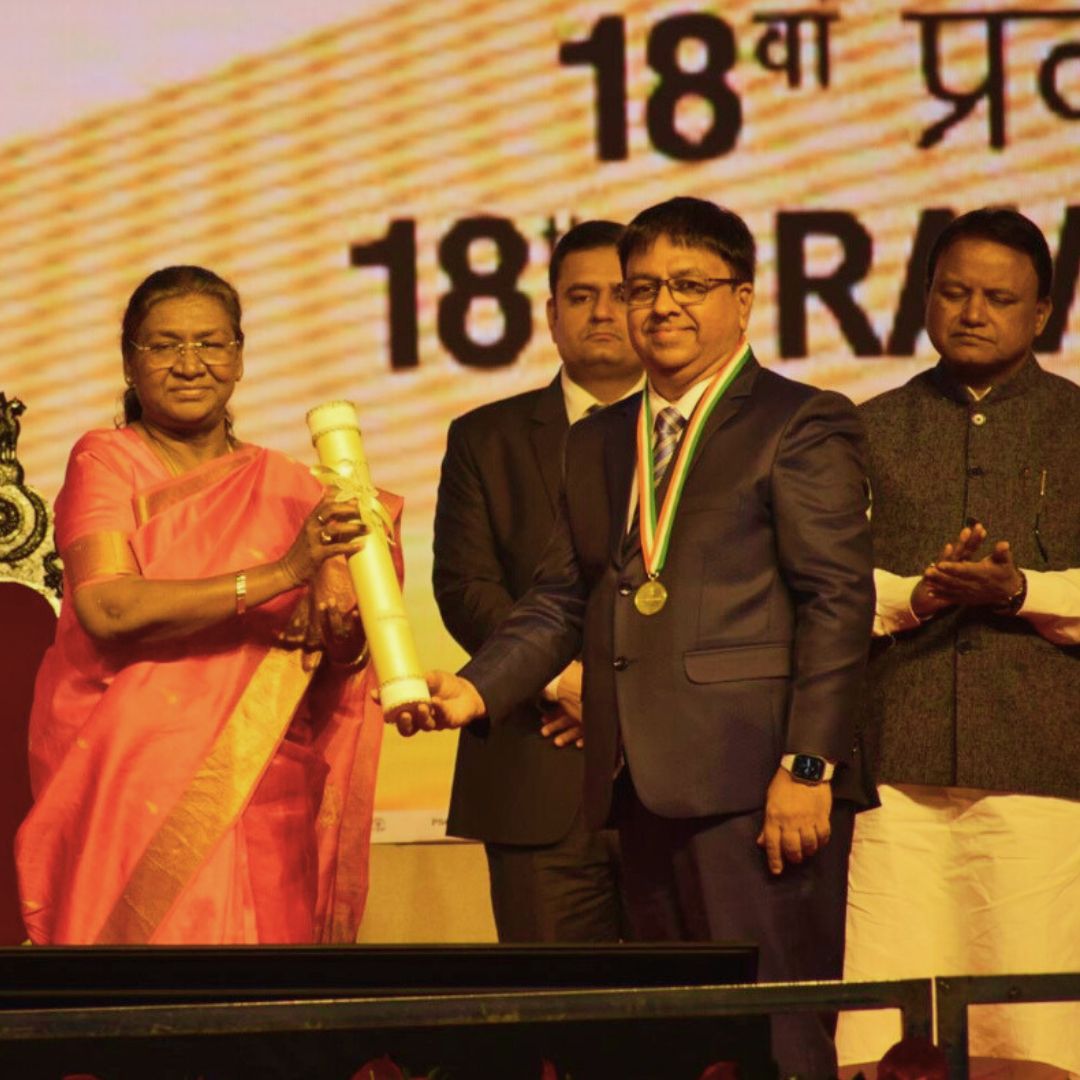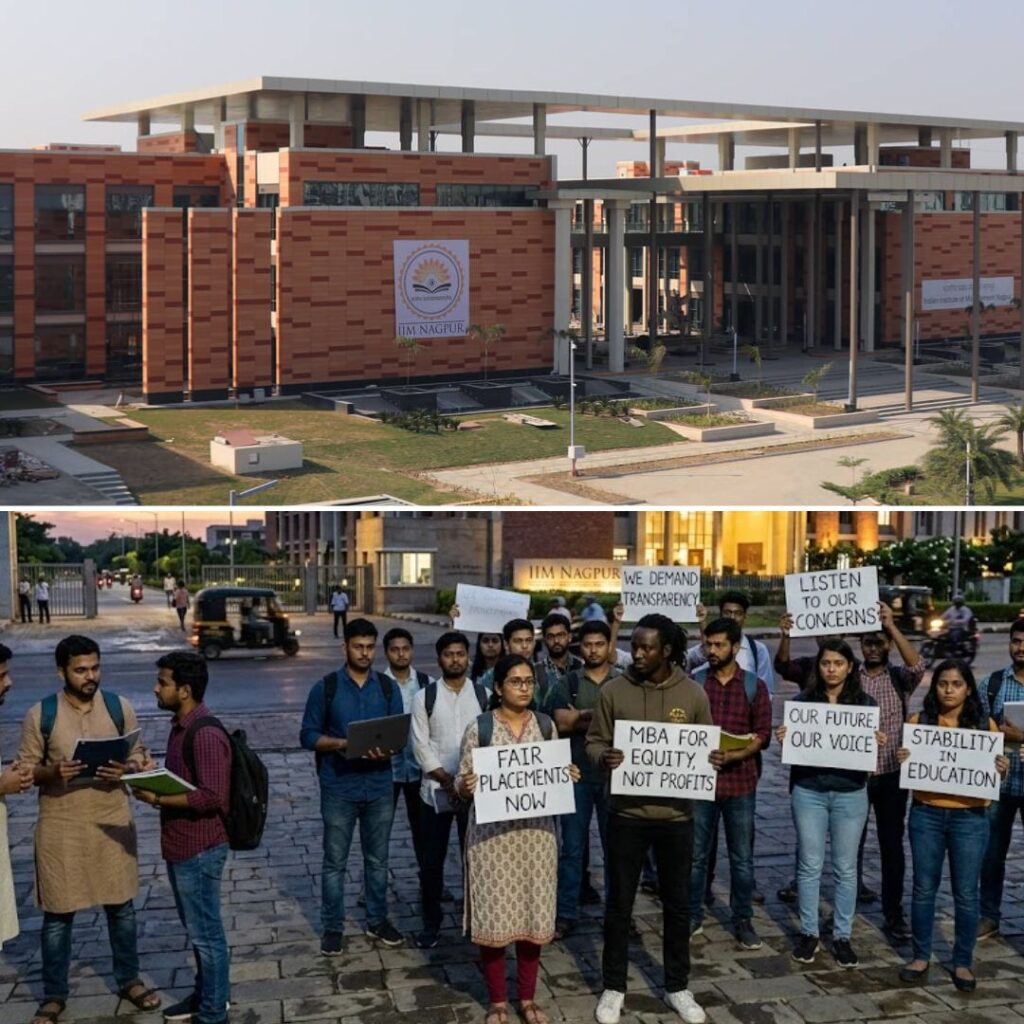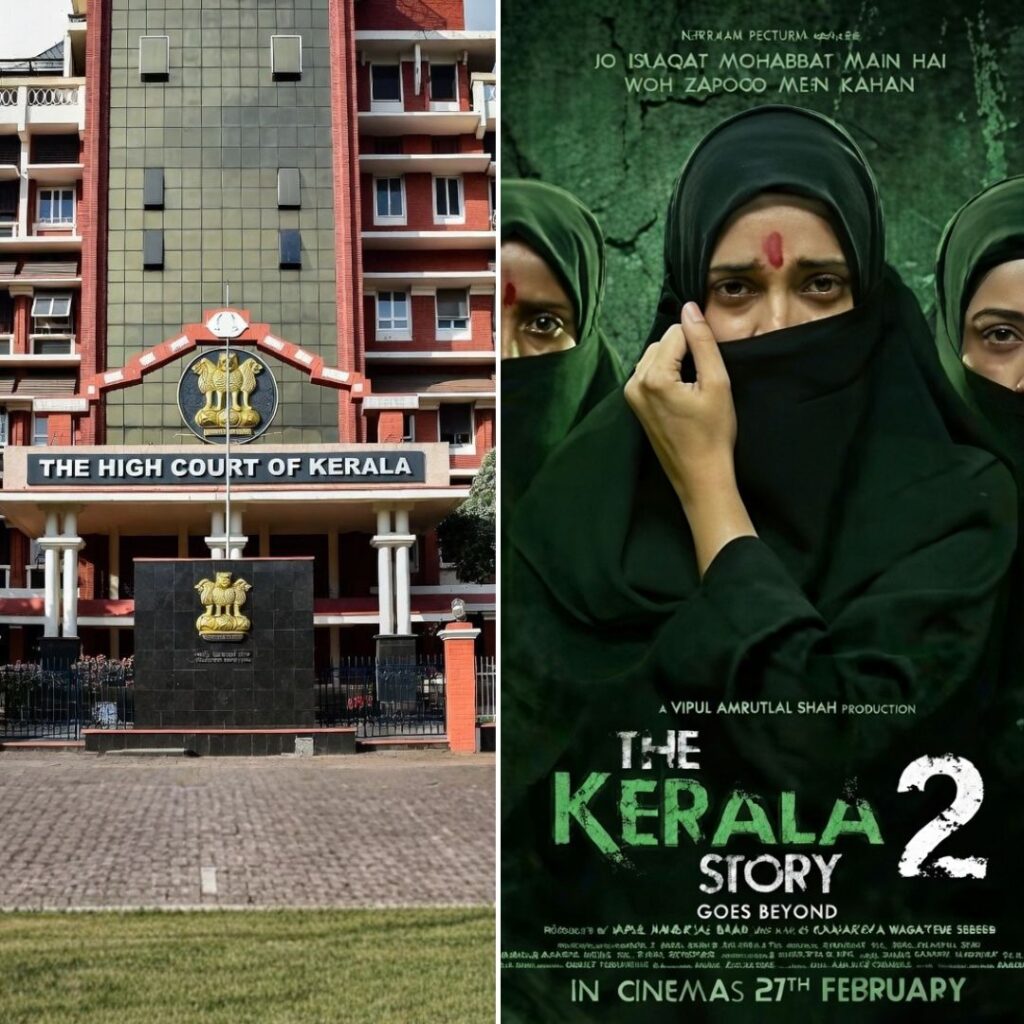New Delhi [India], January 13: Atul Temurnikar, the Co-founder and Chairman of Global Schools Foundation (GSF), Singapore, is a pioneer in global education. Recently honoured with the prestigious Pravasi Bharatiya Samman Award (PBSA) by the President of India, Mr Temurnikar’s journey from Nagpur to becoming a global education leader is a story of perseverance, innovation and an unwavering commitment to excellence. In this exclusive interview with The Logical Indian, he shares his insights into the evolving landscape of education and his contributions to shaping it globally.

1. You received the prestigious Pravasi Bharatiya Samman Award from the President of India. What emotions and thoughts went through your mind when you learned about this recognition, especially considering your journey from Nagpur to becoming a global education leader?
Receiving the Pravasi Bharatiya Samman Award was a deeply humbling experience. It brought back memories of my formative years in Nagpur and the values instilled in me during that time. This recognition is not just personal—it’s a testament to the collective efforts of the Global Schools Foundation team. It also reinforces the importance of education as a tool for empowerment and global connection. Knowing that this journey started in Nagpur and has now reached a global stage is profoundly fulfilling.
2. Your educational journey in Nagpur seems to have deeply influenced your values. Could you tell us about how your experiences at St Joseph Convent and Somalwar shaped your approach to education leadership?
Nagpur gave me a strong foundation in ethics, values and discipline. At St Joseph Convent, I learned the importance of community and collaboration, while Somalwar instilled in me a drive for excellence and resilience. These schools didn’t just focus on academics; they emphasised holistic growth. This philosophy deeply resonates with GSF’s mission to nurture well-rounded individuals who are not only academically proficient but also compassionate and socially responsible.
3. Your father’s work in creating safety education materials at Western Coalfields is fascinating. How did his commitment to education influence your decision to enter the education sector?
My father’s dedication to creating safety education materials for coal miners showed me the transformative power of knowledge. His belief that education could save lives was a significant inspiration for me. Watching his commitment to bettering the lives of others planted the seed that education is not just about individual growth but about uplifting entire communities. His work was a reminder that impactful education can create safer, more informed societies—a principle that has guided my journey in the education sector.
4. You established Global Schools Group to solve a specific problem—expatriate families being split up due to expensive education in Singapore. What were the initial challenges you faced, and how did you overcome them?
The primary challenge was building trust within the expatriate community. Families needed assurance that we could provide world-class education at accessible costs without compromising on quality. Regulatory approvals and understanding local nuances were also significant hurdles. By focusing on delivering academic excellence and hiring exceptional educators, we proved our commitment. We listened to parents’ concerns and adapted our approach to create schools that met both global standards and local needs.
5. You’ve mentioned collaborating with Indian embassies and the Ministry of External Affairs. Could you elaborate on how these partnerships have evolved over the past decade?
Over the years, our partnerships with Indian embassies and the Ministry of External Affairs have grown from formal interactions to meaningful collaborations. These relationships have allowed us to actively support diaspora needs, from promoting cultural education to providing infrastructure for community events. We’ve worked on initiatives that strengthen the connection between the Indian diaspora and their roots, showcasing the richness of Indian culture in host countries. This collaborative approach has been instrumental in fostering harmony and mutual respect.
6. There’s an interesting project you’re working on with CBSE to launch an international version. What potential impact do you see this having on Indian education’s global presence?
The CBSE International project has the potential to redefine Indian education’s global footprint. It’s an opportunity to position Indian education as a viable alternative to established international curricula like IB and British systems. By adapting the CBSE framework to meet global demographics and academic standards, we can showcase India’s strengths in science, mathematics and holistic learning. This initiative could make Indian education a soft power tool, promoting its strengths on a global platform.
7. Singapore has been your home for over two decades. How has the city-state’s approach to business and education influenced your vision for Global Schools Group?
Singapore’s emphasis on governance, efficiency and innovation has been a tremendous influence. The city-state’s commitment to education as a priority for national development inspired me to adopt a similar focus at GSF. The government’s collaborative approach—encouraging dialogue between public institutions and private entities—has also shaped how we engage with communities and policymakers worldwide. Singapore’s model reinforces the belief that education must evolve constantly to meet societal needs.
8. You’re working on strategic initiatives under Viksit Bharat. What role do you see education playing in India’s journey toward developed nation status?
Education is the cornerstone of India’s journey to becoming a developed nation. It’s not just about academic excellence; it’s about creating global citizens who can innovate, lead and adapt. Initiatives like Viksit Bharat align with GSF’s vision of building future-ready global citizens. By focusing on skills like critical thinking, collaboration and sustainability, education can drive economic growth, social cohesion and technological advancement. India has the talent and resources—it’s a matter of harnessing them effectively through education.
9. With your experience in both Indian and international education systems, what unique perspectives can you offer on making Indian education more globally competitive?
Indian education already has strong fundamentals in areas like science and mathematics, but it needs better marketing and adaptation for global audiences. Introducing international frameworks like CBSE International can address this gap. Additionally, incorporating experiential learning, technology integration and global collaboration into Indian curricula can make it more competitive. By blending India’s academic rigour with global best practices, we can position Indian education as a top choice for students worldwide.
10. Looking ahead, what changes do you envision in global education over the next decade, and how is Global Schools Group preparing for these transformations?
The next decade will see education becoming more personalized, technology-driven, and globally interconnected. Skills like adaptability, emotional intelligence, and cross-cultural understanding will be paramount. At GSF, we’re investing in AI-driven learning tools, global exchange programmes and sustainability initiatives to prepare our students for this future. We focus on creating a holistic learning environment that equips students to thrive in an ever-changing world.
Atul Temurnikar’s journey is a remarkable testament to the transformative power of education. From Nagpur to Singapore and beyond, he has redefined global education while staying rooted in Indian values. As he continues to shape the future of learning, his story inspires aspiring leaders in education and beyond.













